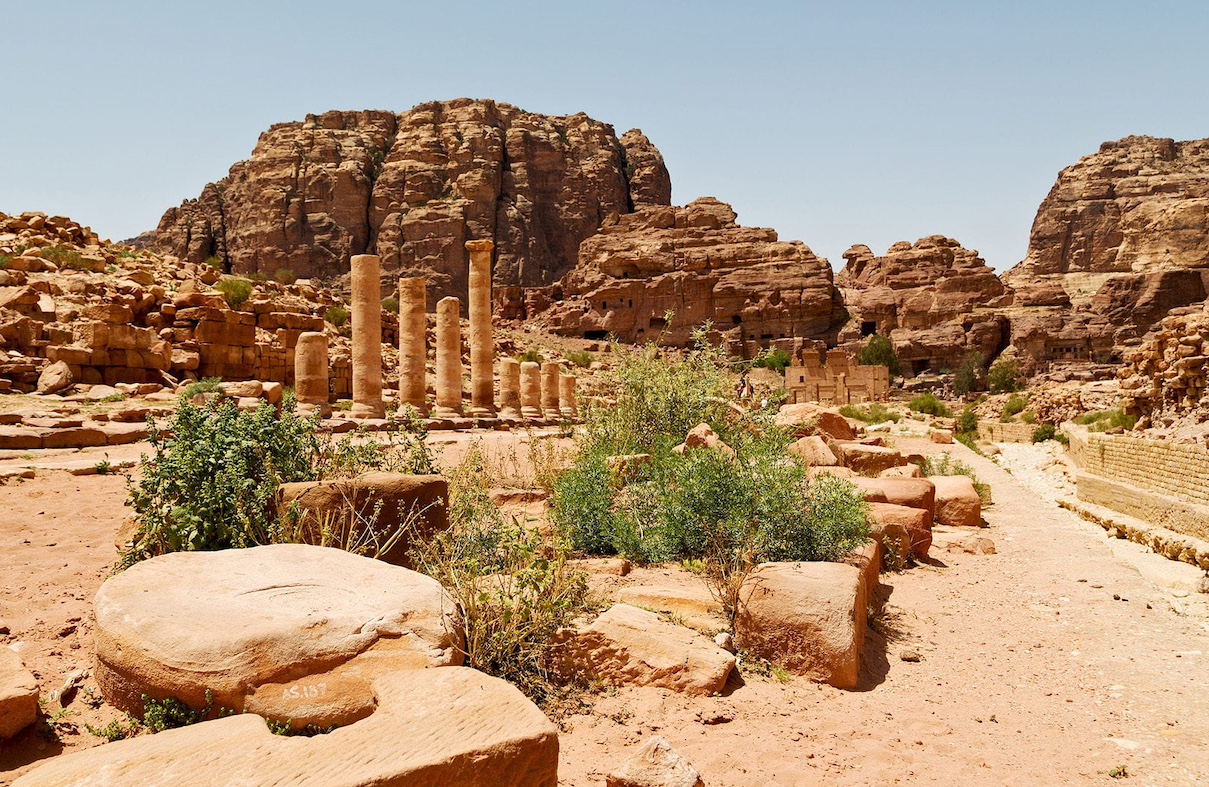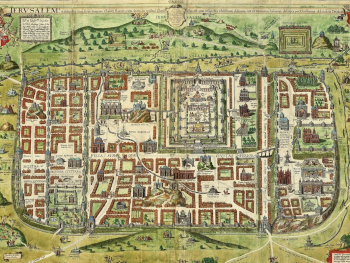Archaeology has long been a captivating lens through which we explore the stories and histories of ancient civilizations. In few places is this more intriguing than in the lands of the Bible. The rich tapestry of archaeological discoveries in these regions offers us insights into the cultures, peoples, and events that shaped the biblical narrative. Beyond merely confirming or challenging the accounts in the Bible, these discoveries illuminate the daily lives, beliefs, and interactions of ancient peoples. Let's embark on a journey through some of the most significant archaeological finds that enrich our understanding of biblical lands.
Unearthing Ancient Cities:
One of the most compelling aspects of archaeological exploration in biblical lands is the discovery of ancient cities mentioned in the Bible. From Jerusalem to Jericho, archaeologists have uncovered layers of history, revealing urban centers that once thrived with life. The excavation of these cities provides invaluable data about their layout, architecture, and societal structures. For instance, the excavation of Jericho has shed light on the city's fortifications, corroborating the biblical account of its walls.
Revealing Lost Civilizations:
Beyond the familiar cities, archaeological digs have unveiled the existence of lesser-known civilizations that once flourished in biblical lands. The discovery of the ancient city of Ugarit, for example, provided scholars with a wealth of texts written in a previously unknown language, shedding light on the cultural milieu of the region during biblical times. Similarly, the unearthing of the Hittite civilization challenged long-held assumptions about the extent of their influence in the ancient Near East.
Deciphering Inscriptions and Texts:
One of the most exciting aspects of archaeological research in biblical lands is the discovery of inscriptions and texts that offer direct insights into ancient societies. From the Dead Sea Scrolls to the Tel Dan Stele, these textual discoveries provide glimpses into religious beliefs, political dynamics, and historical events mentioned in the Bible. The decipherment of these ancient writings has deepened our understanding of biblical languages and illuminated obscure passages in biblical texts.
Exploring Religious Sites:
Archaeology plays a crucial role in uncovering the religious practices and beliefs of ancient peoples in biblical lands. Excavations at sites such as Megiddo and Hazor have revealed elaborate temples and religious artifacts, offering insights into the rituals and cultic practices of ancient Israelites and Canaanites. Additionally, the discovery of ancient synagogues in towns like Capernaum has enriched our understanding of Jewish life and worship in the time of Jesus.
Challenges and Controversies:
While archaeological discoveries in biblical lands have significantly enriched our understanding of the ancient world, they have also sparked debates and controversies. Interpretations of findings often vary, leading to competing narratives about historical events and figures mentioned in the Bible. Furthermore, the politicization of archaeology in the region adds another layer of complexity, with competing claims to heritage and identity shaping research agendas and narratives.
Archaeological discoveries in biblical lands offer a fascinating glimpse into the ancient civilizations that inhabited these territories. Beyond merely confirming or challenging biblical accounts, these discoveries enrich our understanding of the daily lives, beliefs, and interactions of ancient peoples. As ongoing excavations continue to unearth new treasures, the story of the Bible and its lands remains an ever-evolving narrative, inviting us to delve deeper into the mysteries of the past.






